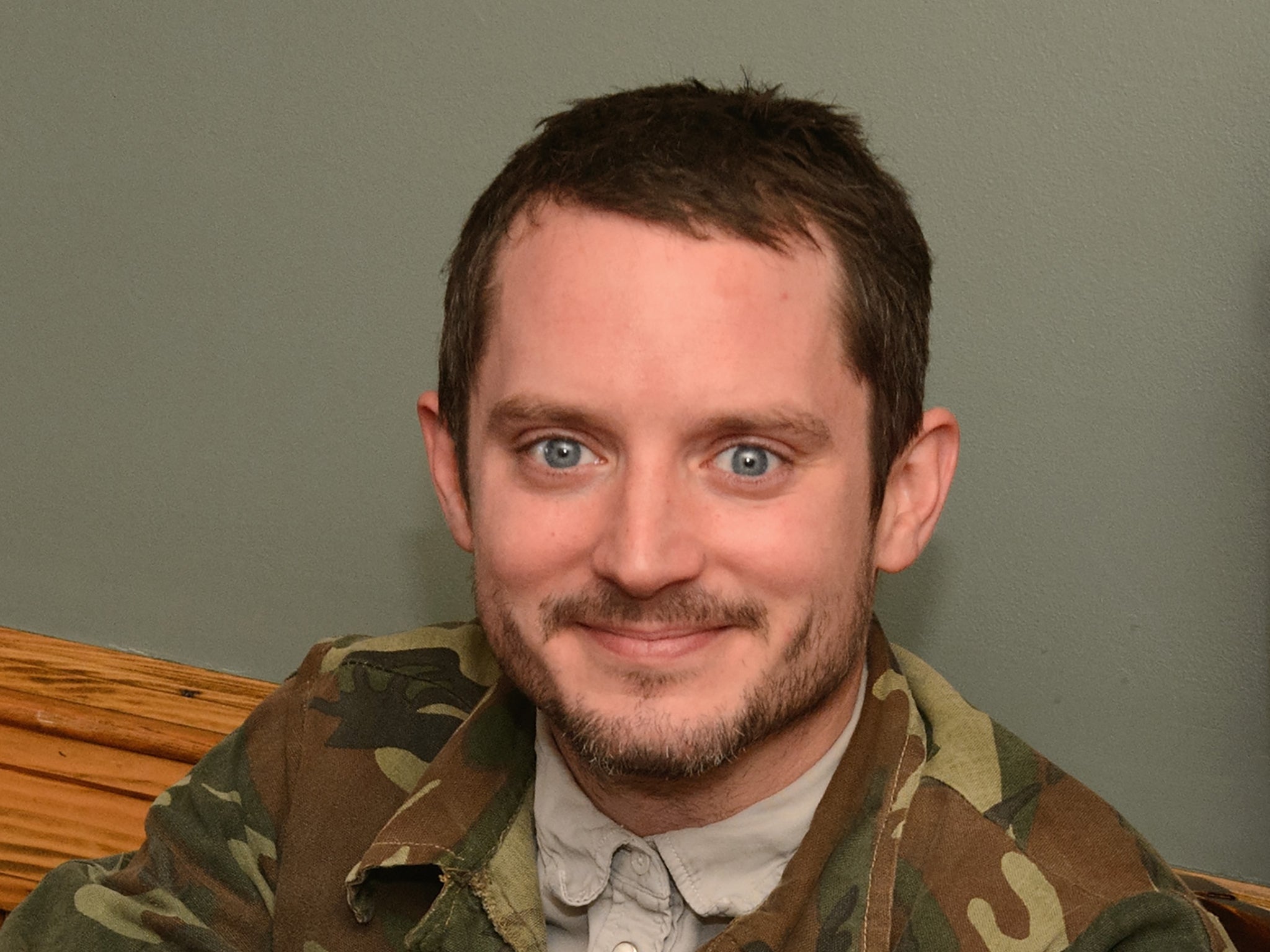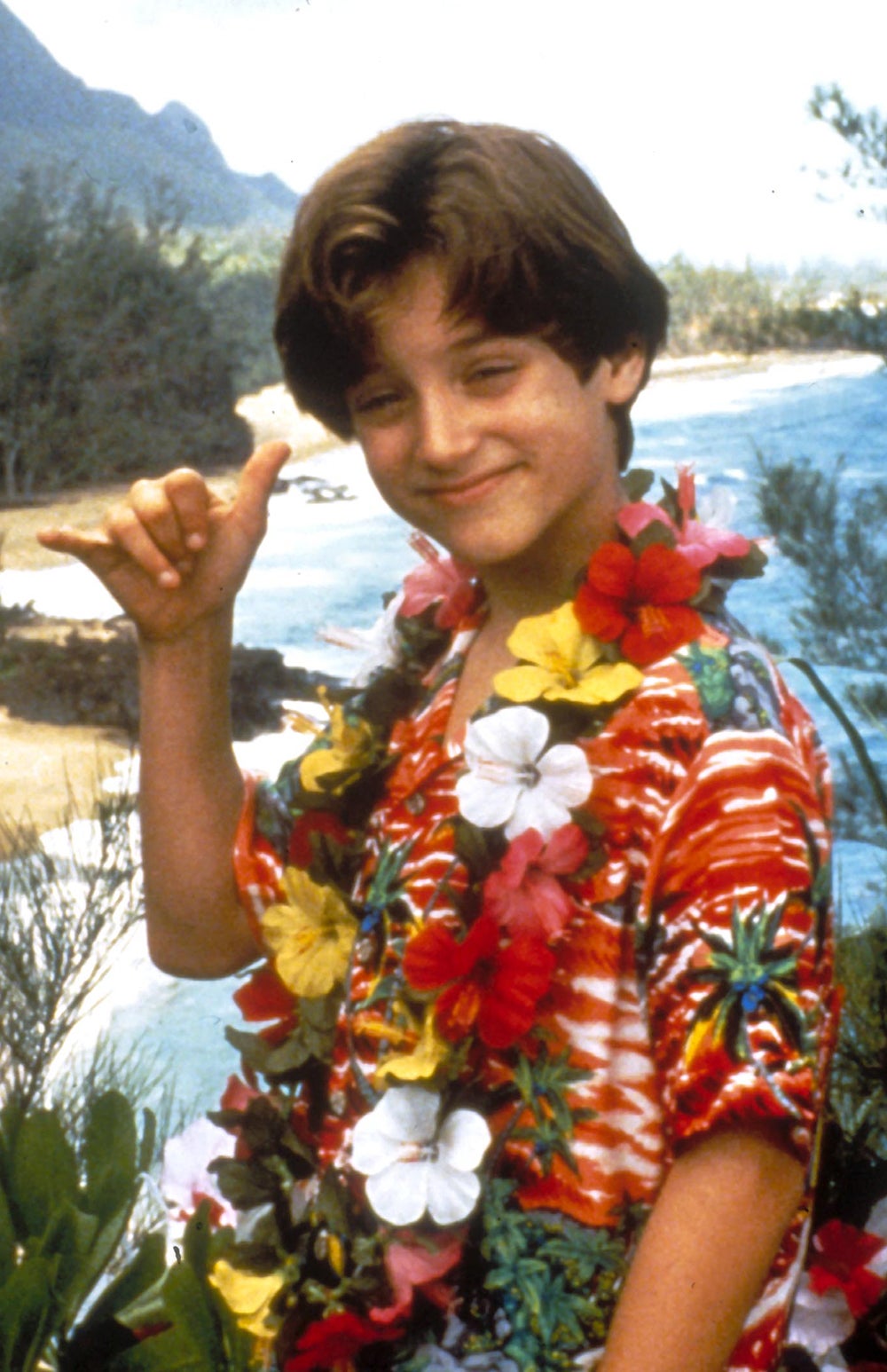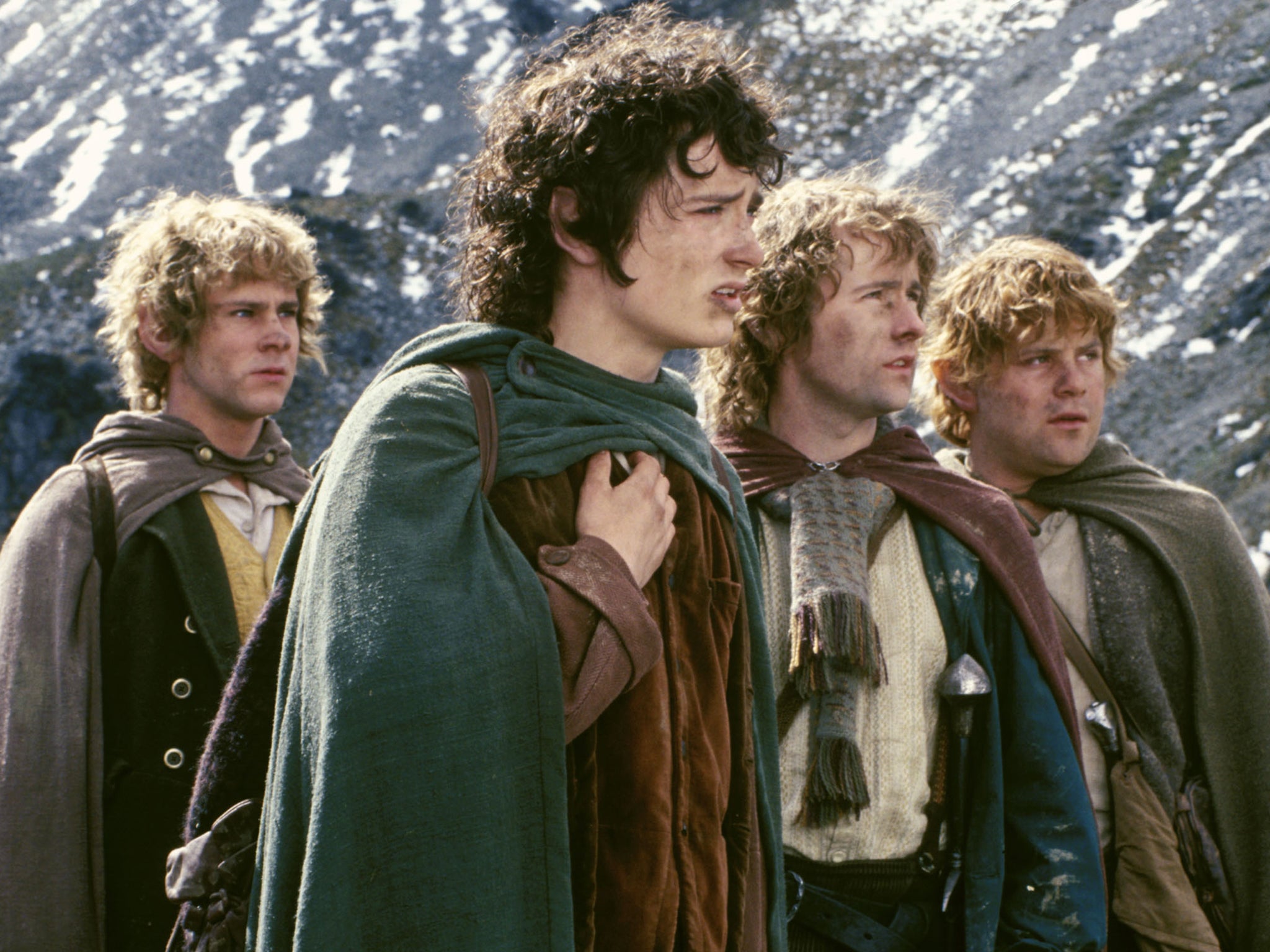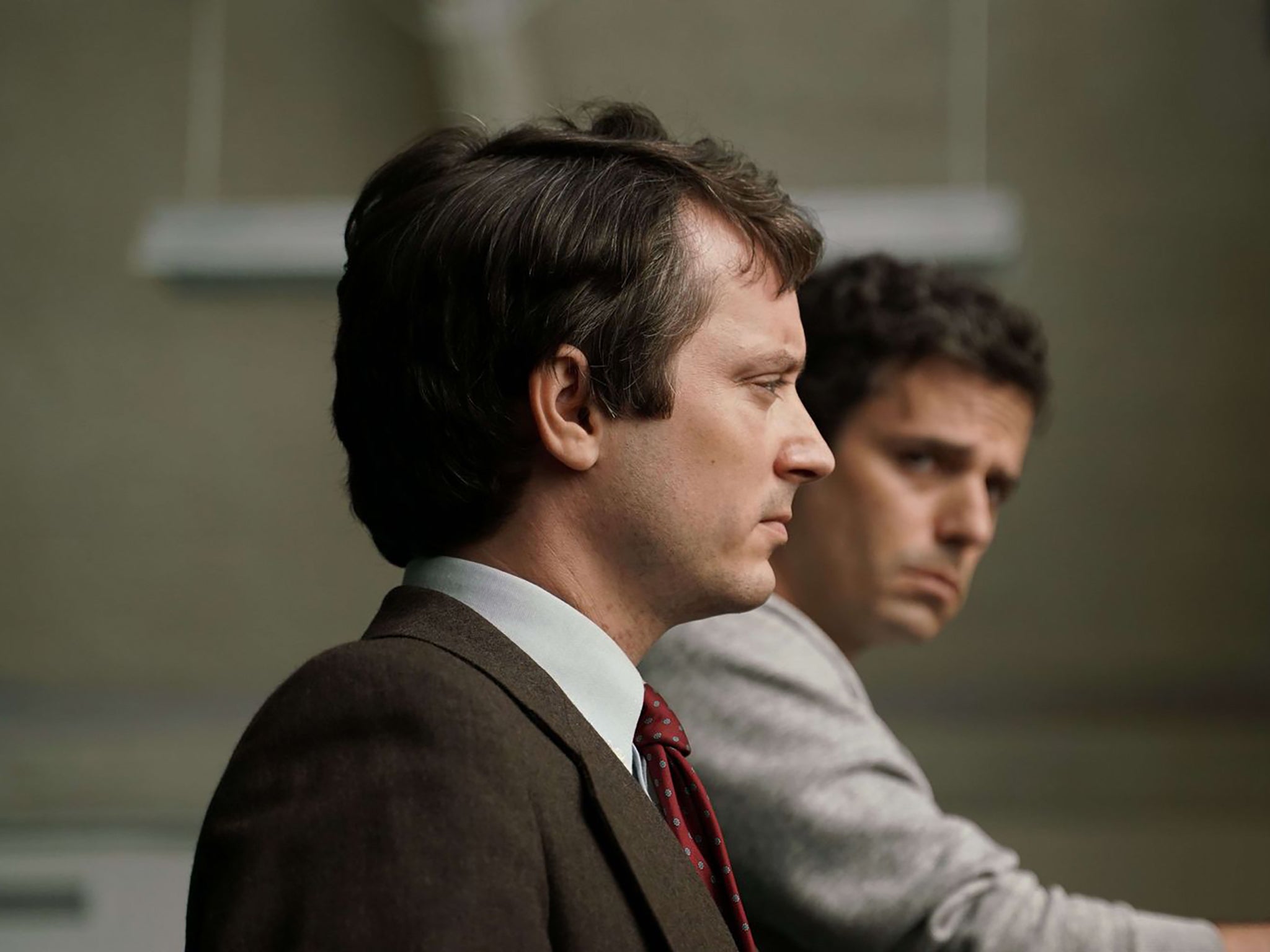Elijah Wood: ‘There’s a difference between titillation and being confrontational, but it’s a fine line’
The Hobbit star plays the FBI agent who interviewed serial killer Ted Bundy on Death Row in a new film. He talks to Alexandra Pollard about the importance of not exploiting his crimes


Your support helps us to tell the story
From reproductive rights to climate change to Big Tech, The Independent is on the ground when the story is developing. Whether it's investigating the financials of Elon Musk's pro-Trump PAC or producing our latest documentary, 'The A Word', which shines a light on the American women fighting for reproductive rights, we know how important it is to parse out the facts from the messaging.
At such a critical moment in US history, we need reporters on the ground. Your donation allows us to keep sending journalists to speak to both sides of the story.
The Independent is trusted by Americans across the entire political spectrum. And unlike many other quality news outlets, we choose not to lock Americans out of our reporting and analysis with paywalls. We believe quality journalism should be available to everyone, paid for by those who can afford it.
Your support makes all the difference.If Elijah Wood could have any superpower in the world, it would be the ability to make people feel good about themselves. Sure, it’s hardly flying or teleportation, but it’s what the man wants.
“I was at dinner, and there was a person who had a certain trait that I thought, ‘I bet she feels insecure about that,’” explains the Lord of the Rings star, who aside from the flecks of grey in his stubble, looks almost the same as when he set off on his quest as Frodo Baggins 20 years ago. “That’s me projecting, to be fair,” he adds, because he is always fair, “but in that moment I just thought, ‘If she’s insecure about that” – and he never says what exactly – “‘wouldn’t it be rad to be able to know that she was, and somehow make her feel good about it?’”
He worries about young people the most. “You look at teenagers just f***ing struggling for a sense of identity,” he says, his big blue eyes full of concern, “and you just want to say, ‘Don’t worry! Be a weirdo! It doesn’t f***ing matter. In five years, no-one’s going to give a s***. You can just be who you want to be.’”
Wood is almost unnervingly earnest. Charming, too, but not overly so – the kind of charming your mum would like. Speaking over Zoom to promote his new film, No Man of God, a drama about Seventies serial killer Ted Bundy, he is dressed in a white pinstripe shirt, top button done up, and a camo-print jacket. There’s a chunky gold ring on his finger – though it’s not emblazoned with Elvish script but with the word “DAD”; he became a father in 2019. That impish quality he has on screen – which, depending on the role, can either be heartfelt or a little more sinister – crops up when he smiles, revealing the little gap between his two front teeth (I do hope that’s not the thing he’s insecure about).
Wood’s own teenage years can hardly have been a walk in the park. Having made his film debut with a small role in 1989’s Back to the Future Part II, he was famous before he reached double figures. Born in Iowa to delicatessen-owner parents, he had moved to Los Angeles at the age of eight to pursue acting; it took less than a year for him to land his first major role – as Oscar-winning director Barry Levinson’s young alter-ego in Avalon (1990). He wasn’t sure back then if he wanted to be an actor – he told the LA Times he would quite like to be a secret agent, or maybe work with sharks – but the industry wanted him. He spent the Nineties as a tween heartthrob, starring in films such as Flipper, where he played a moody teenager who makes friends with a dolphin, and The Good Son, where he was the cousin of a psychopathic Macaulay Culkin. But where Culkin’s journey into adulthood is well documented, Wood’s isn’t. Mainly because he stayed firmly on the rails – no drug arrests, no messy paparazzi shots, no stints in rehab.
He chalks it up to great parenting. “That’s what it comes down to, from my perspective. It really is everything.” He recently worked with 14-year-old Jacob Tremblay – the precociously talented star of Room, Wonder and Good Boys – on TheToxic Avenger reboot. Wood plays the lead villain, while Tremblay is the son of the mutant hero Winston. “Jacob’s mom was asking me, ‘You’ve been through this – do you have any advice?’” Wood recalls. “I was like, ‘The fact that you’re even asking is awesome. You got it! You’re concerned about the welfare of your child and how he turns out? You’re fine. Don’t worry about it.’”

It helps, he adds, to have “a sense of identity that pre-exists your relationship to the work that you’re doing. If you think about the trappings, a lot of it is people not knowing who they are, and not having a strong sense of their own identity or a sense of belonging. In regards to there being a stable home life, those two things are essential. If you don’t have that, then you’re suddenly defining yourself by what everyone else tells you you are – by what the industry tells you you are. Then there’s an inflated sense of self that isn’t real. It just leads to all these other things. But if you are grounded in some form of reality, and have a sense of who you are, and you have love in your life, that’s it. You’re kind of bolstered against most of it.”
Five years ago, Wood inadvertently caused a storm with his comments about child stardom and Hollywood. When asked about the then-recent accusations by Stand by Me star Corey Feldman that he had been “surrounded” by molesters as a child, and that his co-star Corey Haim had been raped by an adult man, Wood said, “Clearly something major was going on in Hollywood. There are a lot of vipers in this industry, people who only have their own interests in mind. There is darkness in the underbelly.” When his comments blew up, he released a statement clarifying that they were based on a documentary he had watched, and not firsthand experience. “I cannot speak with any authority beyond articles I have read and films I have seen.”
We don’t get into that today, but he answers in the affirmative when I ask, more broadly, if the industry has changed for the better when it comes to protecting child stars. “I think so. I hope so, too. I think there’s a lot more awareness around children and welfare. I’m sure there are plenty of examples to the contrary, but thankfully I haven’t encountered it. Certainly not as an adult. It would bum me out if I saw it.”

Watch Apple TV+ free for 7 days
New subscribers only. £8.99/mo. after free trial. Plan auto-renews until cancelled

Watch Apple TV+ free for 7 days
New subscribers only. £8.99/mo. after free trial. Plan auto-renews until cancelled
Does having been a child star himself make him feel protective over the child actors he works with now? “It totally does,” he says. “Having started when I was eight, to still be working…” He thinks for a moment, twizzling his ring, then seems to slightly change his mind. “I don’t know that I feel protective… I suppose it depends on the scenario. If there were a situation where it felt like someone wasn’t as together, or maybe was more in their infancy, maybe I would feel a sense of protectiveness, just from one human being to another.”

Wood was 18 when he was cast as Frodo Baggins, the furry-footed heart and soul of Peter Jackson’s epic fantasy Lord of the Rings. Wood’s naturally elfin looks and winsome nature made him perfect for the role of the young hobbit, who must destroy the Ring in order to protect Middle Earth from evil (if you’re already a fan, you won’t need me to explain that further; if you’re not, you won’t want me to). It meant upping sticks again to remote New Zealand. There were two months of boot camp – dialect lessons, sword-fighting lessons, horse-riding lessons, rowing lessons – and then 16 months shooting all three films back to back. He knew it was a big deal when people started trying to sneak onto the set to take pictures, but I doubt he envisioned the trilogy racking up 17 Oscars and nearly $3bn (£2.18bn) at the box office. Taking advantage of the leaps in CGI that occurred around the turn of the century, the series came to be regarded as one of the most influential ever made.
“I love those movies,” says Wood now. “My relationship to them is one of reverence, gratitude, love, an association with profound growth and amazing experiences.” He notes the slightly apologetic tone with which I brought up Frodo. “It’s funny, one could assume that I wouldn’t want to talk about it, or it’s laborious to constantly be questioned about it,” he says. “It’s really genuinely not. I think those movies are incredible.”
I’m never interested in putting anything negative into the world
Just before they wrapped, he and his co-stars got matching tattoos: the number nine, written in Tolkien’s Tengwar script, and in the English language. “The idea came about pretty early in production,” he recalls. “Someone very wise amongst us, I can’t remember who it was, suggested maybe we should wait, just to see if the experience matches our enthusiasm for what it is now.” It did. Shortly before they wrapped principal photography, Wood and his fellow hobbits, elves and wizards – Ian McKellen and Orlando Bloom among them – marched into a tattoo parlour in Wellington, and got the experience marked indelibly on them. Wood’s is on his hip, out of sight today.
Just like his fellow former child star and doppelganger Daniel Radcliffe (passers-by mix them up on an almost daily basis), Wood sailed smoothly into his post-franchise career, making unshowy, unobvious choices: he was a creepy memory-erasure technician in Eternal Sunshine of the Spotless Mind (2004); an aspiring football hooligan in Green Street (2005); a cannibalistic serial killer in Sin City (2005); an oddball neighbourhood vigilante in I Don’t Feel at Home In This World Anymore (2017). And now, in his new film No Man of God, he’s Ted Bundy’s best friend.
In the Amber Sealey-directed film, Wood plays FBI analyst Bill Hagmaier, the man who interviewed Bundy (played here by Luke Kirby) over the course of several years in an attempt to understand the mind of a serial killer. I wasn’t exactly chomping at the bit to watch another cinematic excavation of Bundy, a man who kidnapped, raped and murdered at least 30 women and girls, none of whose names are even a fraction as famous as his still is nearly five decades on. I’d already endured 2019’s Extremely Wicked, Shockingly Evil and Vile, which attempted to tell the story from the perspective of Bundy’s girlfriend Liz (Lily Collins) but still managed to salivate over Zac Efron’s dreamboat Bundy, and Netflix’s Conversations with a Killer: The Ted Bundy Tapes, which essentially allows Bundy to narrate his own story, that same year.
No Man of God is different. “It isn’t about Ted’s exploits or his charisma, or mythologising him,” insists Wood. Instead, it shows Bundy as “kind of weak and vulnerable, showing him for all his flaws”.

Sealey was resolute, too, that the female perspective should not be overlooked – partly out of a sense of responsibility towards the victims. “They don’t share this spotlight with their murderers,” explains Wood. “The script was not uniquely set up to include their voice. Amber found these incredible abstract, interesting ways to include the female perspective, and effectively give voice to the victims and women in general.” So much so that at some point down the line, scriptwriter C Robert Cargill jumped ship. As Wood put it in a recent interview, “the vision of the movie was not what he wanted it to be”.
“We weren’t going to show any violence, and we were never going to show any nudity, or any of the typical points of titillation from an exploitation standpoint,” says Wood now. “There’s a difference between titillation and being confrontational, but that’s also a fine line. We wanted to make sure that we didn’t go over the edge.”
In one scene, in which Bundy is being interviewed by an evangelical radio station, the camera moves away from him – the sound of his voice disappears too – and zooms in on a young woman with a clipboard, looking horrified by what she’s having to listen to. It was Wood’s favourite scene in the film. “That was really important to us,” he says. “It’s such a masculine film. It’s two men in a room. To shift that focus was really exciting.”
Wood enjoys shifting focus. He founded his own production company, SpectreVision, in 2010. Among the work he has produced is Ana Lily Amirpour’s wonderful Iranian vampire film A Girl Walks Home Alone at Night (2014), and the bonkers Nicolas Cage horror Mandy (2018). “We seek out diverse voices, diverse crew, and hire a lot of women,” he says. “I’m never interested in putting anything negative into the world. I’m only looking at something that’s going to put something positive into the world.”
‘No Man of God’ is out on Monday 13 September



Join our commenting forum
Join thought-provoking conversations, follow other Independent readers and see their replies
Comments